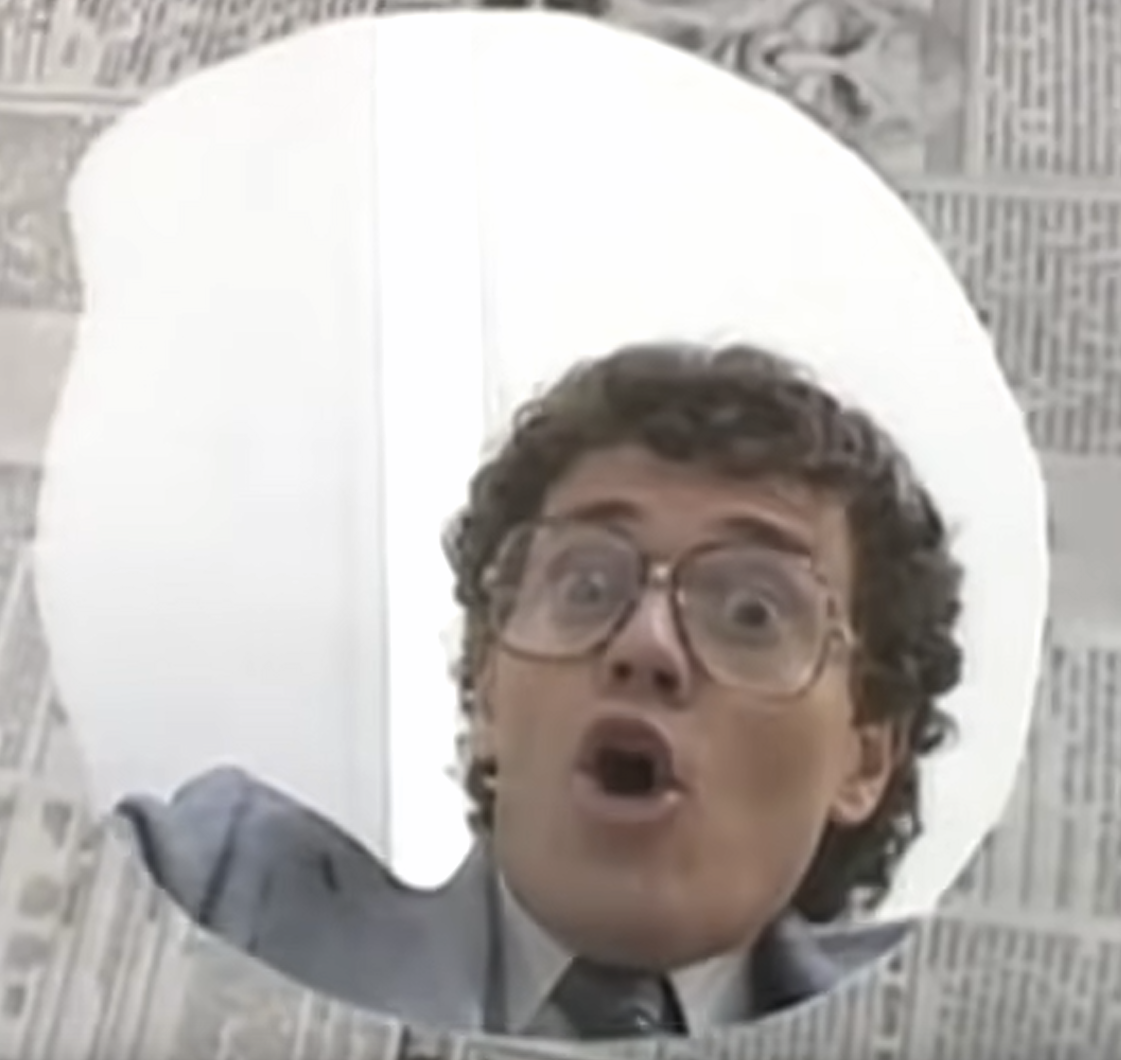In short:
The number of active rentals in Victoria fell by almost 22,000 properties this year, suggesting investors are selling up.
It’s being attributed to higher rental standards and increased land taxes in Victoria.
What’s next?
It’s feared the sell-up will make the market even tighter for renters
The survey described a “sell-off of investment properties around the nation” that was “continuing unabated” and “fuelling fears of an even tighter rental market”.
The outlook may be grim for investors, but home owners appeared to be benefiting, snapping up 65 per cent of the properties investors sold, according to PIPA.
First homebuyers in Melbourne have also enjoyed months of falling prices, while most of the rest of the country has experienced continued increases.
CoreLogic head of research Tim Lawless labelled falls in rental bonds “significant and surprising” but noted they had not brought the expected rent increases.
Am I going crazy here, or are they just describing that more people are becoming owner-occupiers? The houses ‘coming out of the rental market’ aren’t being set on fire or blown up, people are buying them and living in them…
The fact they’re bitching about rental standards…these are people we want to lose as landlords.
Yep, and it’s giving first time home buyers a chance to buy one of those ex rentals. I did.
Landlords don’t actually build houses, they buy existing stock and squeeze all the value out of them with minimal maintenance.
“Victorian owner-occupiers on rise as
parasitesinvestors are no longer coddled”Renting is significantly cheaper than owning. If the landlord does their part with maintenance, it’s the better option for many people.
Not in my case, my mortgage is pretty much the same as what I was paying in rent for a similar house in the same area. And in a few years that mortgage will only become a smaller part of my income instead of growing.
This has been my experience as well. I’m saving several thousands of dollars a year after about 5 years. I probably couldn’t afford to rent my own home. If I stick with my mortgage for the full 30 years I can only imagine how ridiculously cheap my “rent” will be… Not to mention that rent money is going into my own equity instead of a landlord’s
I imagine if I were planning on moving within 5 years of purchase renting would be a better deal.
But seriously, in another 5 years I expect I could rent my property and pay my mortgage in full, while taking some profit to help pay another mortgage…
You know - be the thing I despise
Congrats! But the mortgage is just one part of the costs of ownership. Many people spend lots on rates, water, repairs, upgrades, etc.
Renters have to pay for their own water. I’ve lived in rentals for 15 years, and never saw a landlord do “upgrades” on my house. Didn’t stop them from upping the prices every opportunity they could. I’ll give you rates and repairs, although if landlords hadn’t scalped all the properties I’m sure people could afford to shop around to buy a better built property.
Landlords have to pay for water connection to the property. It works out to around $700 per year.
thing is as evidence is very sharply illustrating, they’re not.
Some are, some aren’t. I only have anecdotal data so I’m not sure of how prevalent this is at a national level.
But who’s fault is that? That’s right, the investors/landlords who scalped all the houses, making supply scarce and causing prices to increase.
Owning more than two (and I’d argue more than one) properties should be illegal.
You’re not crazy. Less renter occupied and more owner occupied is a good thing for society as a whole. Purple fingers seems to be making g a mark
Does this mean those investors are now driving the prices up in Sydney?
Godammit Victoria!
Is “making the market tighter for renters” accounting for people who were renting transitioning to owning? Lower supply, sure, but by definition if it is not for rent isn’t it because it became a primary residence, lowering demand as well?
deleted by creator
So what’s her secret? Victoria’s?





